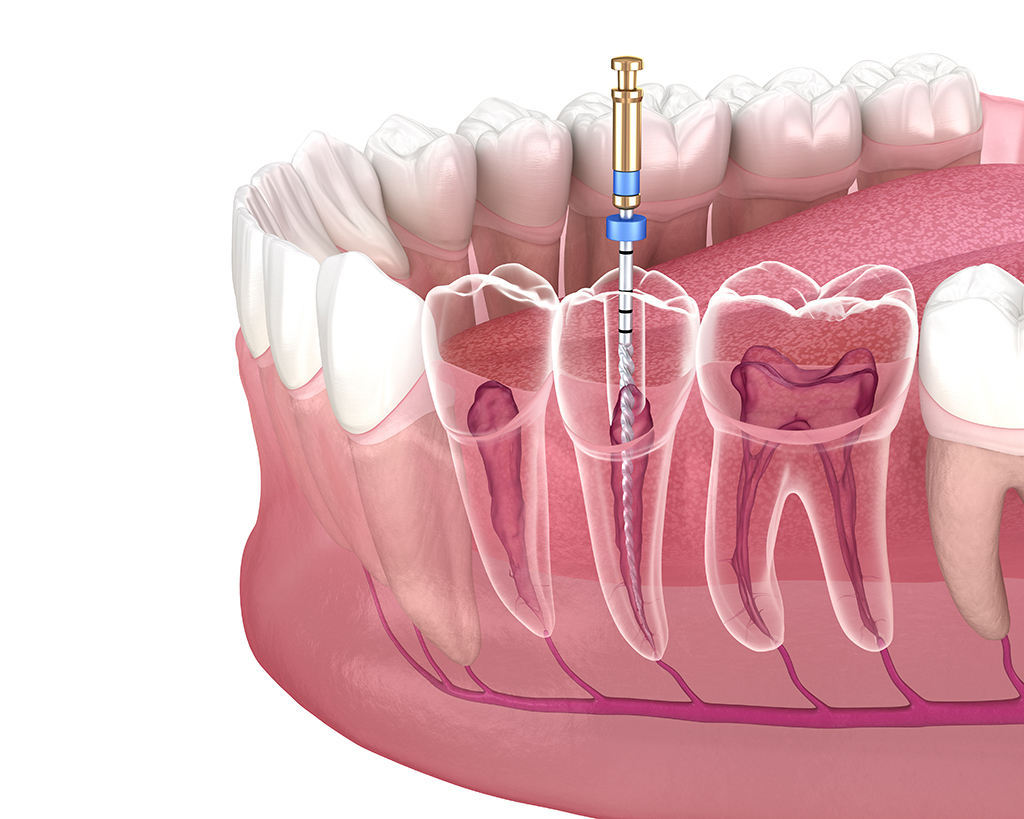
Leading Oral Surgeon For Dental Infections | Frisco, TX
Photo By Alex Mit at Shutterstock
In general, the face and mouth have steady contact with bacteria and germs. This makes it easier for you to develop oral, facial, and dental infections. Even if you do everything you can to maintain proper oral hygiene, you may still develop a dental infection that requires the attention of an oral surgeon.
At NextGen OMS, we have a qualified surgeon who can handle dental infections and other problems that impact the head and neck. Learn more about dental infections and how you can receive the best non-surgical or surgical care in Frisco, TX.
Dental infections in the maxillofacial area can be very painful and even debilitating if you don’t take care of them right away. In general, oral maxillofacial surgeons handle neck and head infections that often start in the teeth. When you come in for a consultation, we can explain the surgical procedure needed to alleviate your dental infection or other pathology, such as an abscess.
Why Choose NextGen OMS for Your Dental Infection Treatment?
Our skilled oral surgeon, Dr. Eftekhari, is an experienced, board-certified oral maxillofacial surgeon who provides elevated levels of care using the most advanced dental technology available. We understand that dental infections can cause a lot of discomfort, pain, and stress. Our goal is to help you feel more comfortable with the process so that you can rest easy knowing that you’ll feel better soon.
What Are Dental Infections?
Dental infections develop from bacteria trapped in the pulp of your teeth. Left untreated, this becomes an abscess — a pocket of infection containing discharge around the infected tooth.
Many times, dentists treat the tooth with a root canal to resolve the problem. This allows you to keep the tooth and avoid an extraction. During the root canal, the area in the tooth is cleaned to get rid of the infection. However, the infection may return or grow worse if not treated on time.
There are several types of dental infections we can treat with oral surgery. These include the following:
- Gingival infections create tender swollen gums.
- Periodontal infections affect the bone supporting the tooth.
- Periapical infections result from abscesses in the soft part of your tooth.
Symptoms That Indicate You May Have a Dental Infection
If you have a dental infection, you may notice the following symptoms:
- Severe toothache
- Extreme sensitivity to cold and hot temperatures
- Swollen cheeks or face
- Fever
- Foul taste in the mouth
Other factors also affect whether you get a dental infection. Maintaining proper dental hygiene can help you prevent dental infections. This includes brushing twice a day and flossing between the teeth. Without proper hygiene, you increase your risk of gum disease, cavities, boils, and other dental infections and pathologies.
Eating too many sugary foods or drinking sweet beverages can contribute to dental infections.
What to Do If You Have a Severe Dental Infection
Sometimes, bacteria can colonize in dead tissue and spread out from their rotten tooth root. They can then contaminate the bone causing the infection to spread. Unless you treat the infection quickly, it can spread to the throat, neck, brain, or heart.
A talented, Frisco, TX oral surgeon can remove the infection and clean the area to avoid further spreading. Following oral surgery, the surgeon may have you take antibiotics or other medication to expedite the healing process and prevent further infection.
What Is Oral Pathology?
Oral pathology refers to illnesses that impact the face and mouth areas. The doctor may recommend radiographic examinations and other imagery to help determine whether to administer a biopsy. If necessary, an oral surgeon can remove dangerous pathologies to preserve your health and well-being.
Besides dental infections, you can also develop masses such as salivary gland infections, throat tumors, and odontogenic infections.
How Does an Oral Surgeon Treat Dental Infections and Pathologies?
Dr. Eftekhari starts with a thorough examination to review your dental and medical history. At this time, you may have a number of questions about your treatment plan. The doctor will explain his recommendations so that you know what to expect during your treatment at NextGen OMS. If possible, your surgeon will save the damaged tooth. However, the tooth is typically extracted when the doctor makes the incision to drain the infection.
Generally, we can treat most dental infections as outpatient procedures. You receive local anesthesia or sedation depending on your preferences and the complexity of your oral surgery.
Once the anesthesia takes effect, the oral surgeon makes a small cut along the gum line near the oral swelling. Then, they clear out the pus and carefully clean the area with a sterile solution.
If you have a lot of swelling and infected material, the surgeon may insert a rubber drain to prevent further infection. If you have a rubber stent placed during surgery, you’ll need to come back within a few days to have it removed.
Although every case is different, many patients receive a prescription for antibiotics to take for the next week to 10 days after the surgery. You may also receive a prescription for pain relief.
Oral surgeons often perform incision and drainage for dental infections and pathologies. Generally, you can expect a positive outcome and the elimination of pain and discomfort once the area has completely healed. We have performed this kind of surgery for many years and look forward to helping you regain your dental health.
We always recommend the most conservative treatment method possible. However, certain conditions require an operation performed by a consummate oral surgeon.
Contact the Experienced Oral Surgeon at NextGen OMS
Are you ready to say goodbye to the swelling and pain caused by dental infections? Contact our office to find out more about our services or to schedule a consultation with Dr. Eftekhari.


